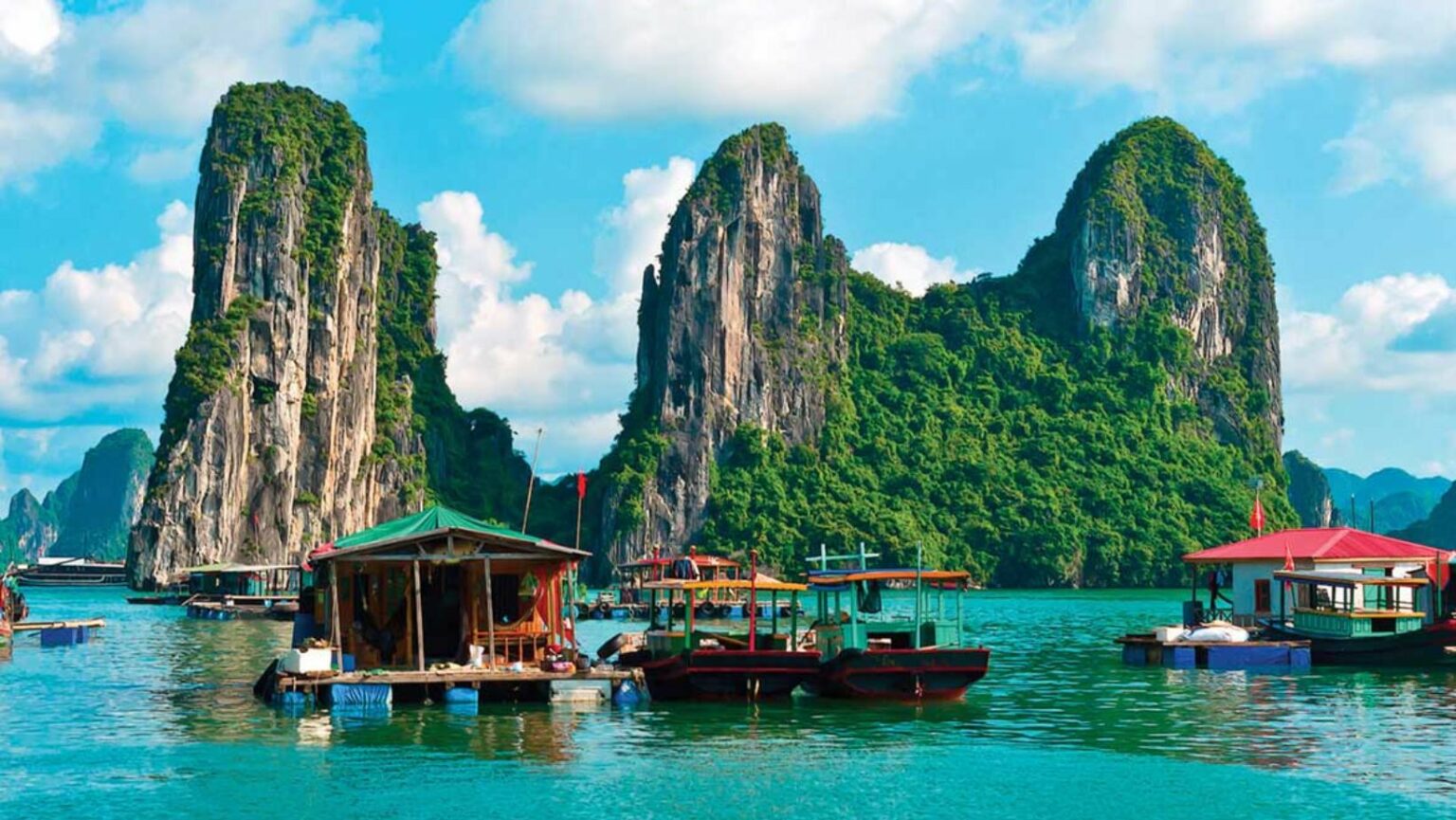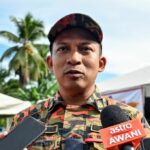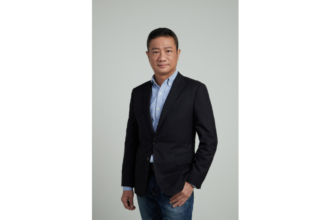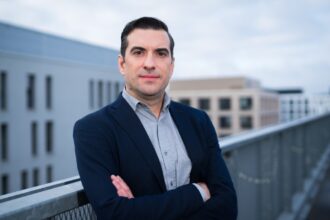As Cambodia July 23 general election looms, the results appear preordained. Prime Minister Hun Sen has already laid the groundwork for the continuance of his rule, even before the official campaign period started on July 1. Among 18 parties contesting the election, the country’s main opposition, the Candlelight Party (CP), is conspicuously absent. Citing failure to submit proper documents, the National Election Committee, which is under the ruling party’s control, disqualified the CP.
This move aligns with Hun Sen’s broader strategy to stifle opposition and facilitate a smooth power transition to his eldest son, army chief Hun Manet. Recent instances include the closure of one of Cambodia’s last free media outlets, Voice of Democracy radio, and the conviction of opposition leader Kem Sokha, of the now-dissolved Cambodia National Rescue Party (CNRP), the CP’s predecessor, for alleged treason. Furthermore, a recent election law amendment penalizes poll boycotters by barring them from future political office, aimed at thwarting opposition-led disruptions to the upcoming election.
Also Read: Ex-Fave Executives Unveil ‘First Move’ – An Early-Stage Fund Nurturing Southeast Asian Startups
The current events echo tactics used before the 2018 general elections, where the CPP, devoid of opposition challengers, secured all 125 seats in the National Assembly. This situation repeats itself with the barring of CP from the July vote, despite efforts to mend strained relations with the U.S. and Europe.
In 2022, as chair of the Association of Southeast Asian Nations, Hun Sen visited Washington along with other ASEAN leaders and met with U.S. President Joe Biden. Cambodia also co-sponsored a United Nations resolution condemning Moscow’s annexation of four Ukrainian regions. These actions suggest Hun Sen’s desire to foster better ties with the U.S., seemingly at odds with actions against domestic opposition.
However, these decisions align with Hun Sen’s top priority: a smooth hereditary handover of power. He nominated his eldest son, Hun Manet, as his successor at the end of 2021, with the CPP endorsing him as the next candidate for prime minister. Hun Manet suspended his army duties in April to run in the July election, potentially taking over as prime minister as early as September 2023.
Cambodia’s simultaneous push for improved relations with the U.S. and Europe and suppression of local opposition stem from calculated strategy. Previous crackdowns did not provoke severe Western sanctions, and the country’s China-centric foreign policy offers a safety net. The U.S. has expressed concern about Cambodia’s suspected agreement to allow China to use its naval base on the Gulf of Thailand. Hun Sen is leveraging this situation to avoid pushing Cambodia further into Beijing’s arms.
Cambodia’s upcoming elections and Hun Sen’s subsequent actions will significantly impact the nation’s democratic aspirations and geopolitical alliances. The Western response to these developments will provide insight into the evolving global power dynamics, particularly regarding the relationship between democratic values and geopolitical expediency.
This news is based on information provided by Nikkei Asia.












